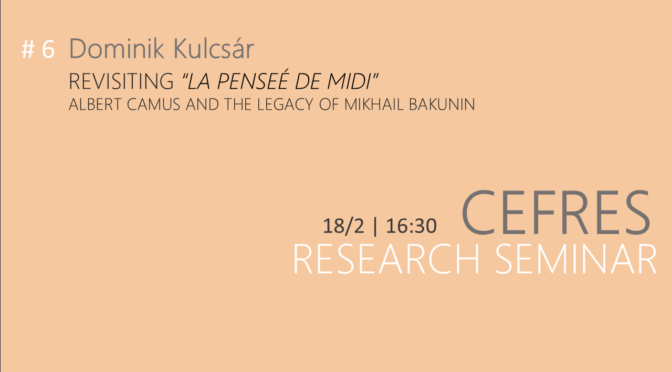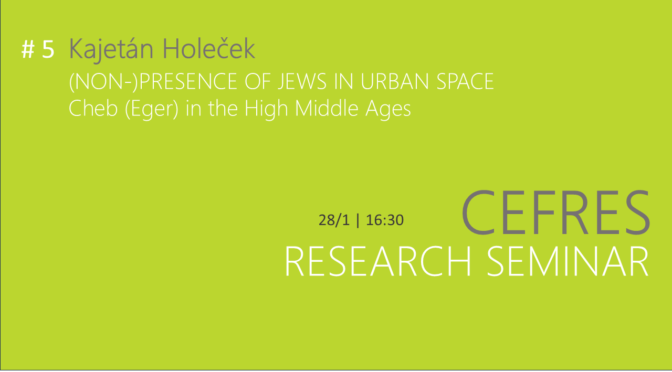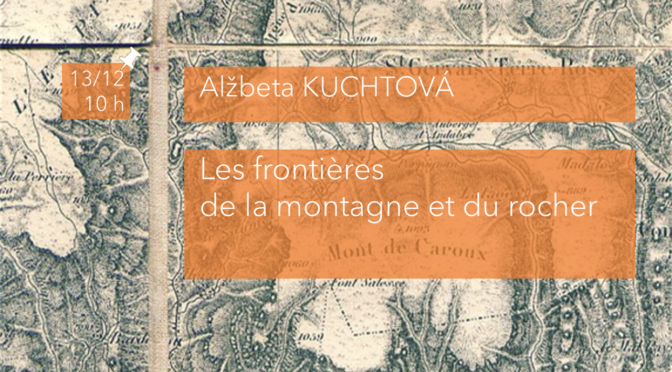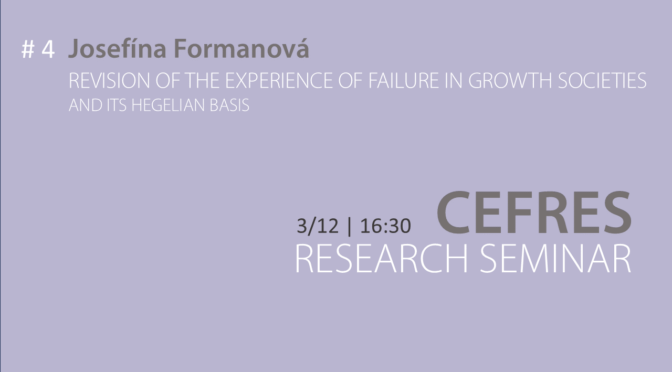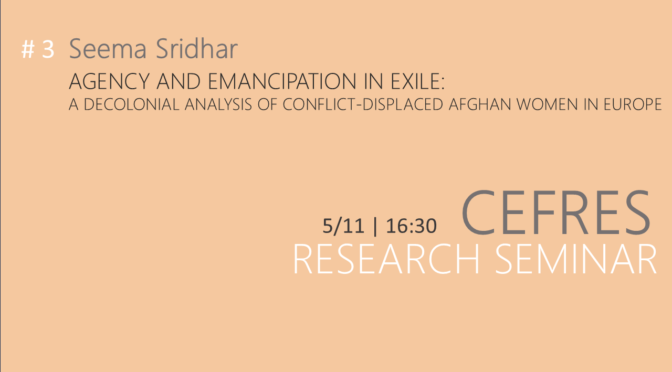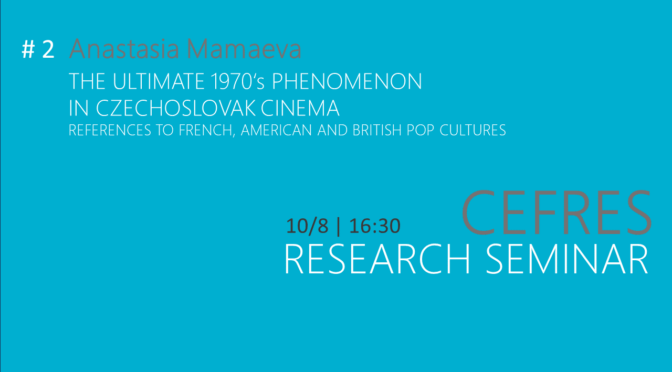Borders of Mountains or Rocks
Fourth session of the 2024-2025 CEFRES Francophone
Interdisciplinary Seminar The Map and the Border
In 2023 we started questionning the very act of bordering and representing (a territory, a period, a trajectory). In short, thanks to the interdisciplinarity of our respective disciplines, we began inquiring into the question of the map and the border.
Location: CEFRES, Na Florenci 3, Prague 1
Date: Friday 13th December, 2024, from 10 am to 12 pm
Language: French
Speaker: Alžbeta KUCHTOVÁ (Slovak Academy of Sciences)
Discussant: Iwona Janicka (Institute of Philosophy, Czech Academy of Sciences)
Abstract
In the book “Geontologies: A Requiem to Late Liberalism”, anthropologist Elisabeth Povinelli explains the concept of entanglement and its role in the indigenous cultures of Australia. In our talk, we will analyze the concept of proper and its relationship to entanglement. The concept of proper is linked to the separation of identities by boundaries. It can refer to what is proper to humans, but also to what is proper to rocks. The concept of proper implies the creation of limits and boundaries between different identities: subjects, objects, nations, races and genders. The questions we’ll be reflecting on concern the possibility of creating boundaries between sacred rocks or mountains, and how these boundaries facilitate the capitalist exploitation of (indigenous) land today. This implies that the European concept of the proper cannot be applied in a reflection on indigenous territories, simply because it is not universal. The concept of “proper” creates the foundation of colonialism and capitalism.
See the complete program of the 2024-2025 seminar here.

